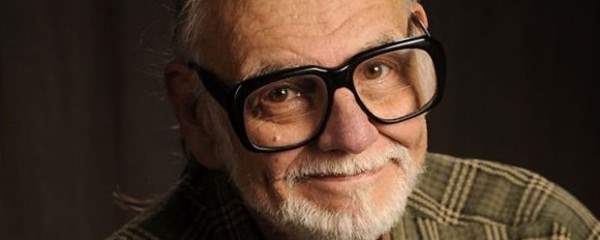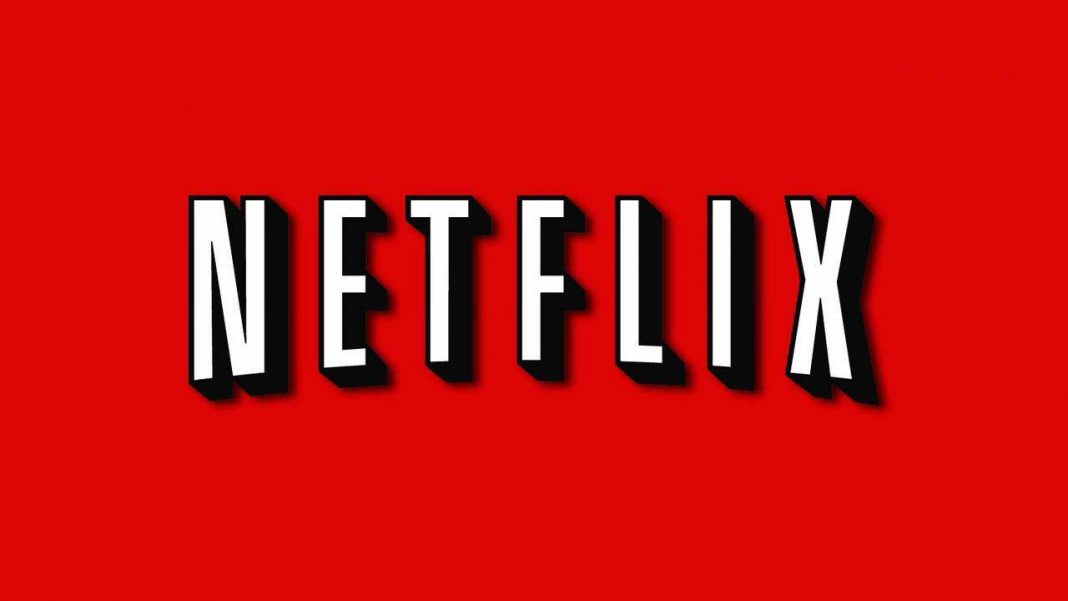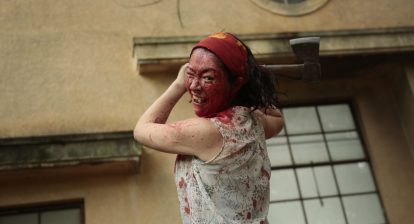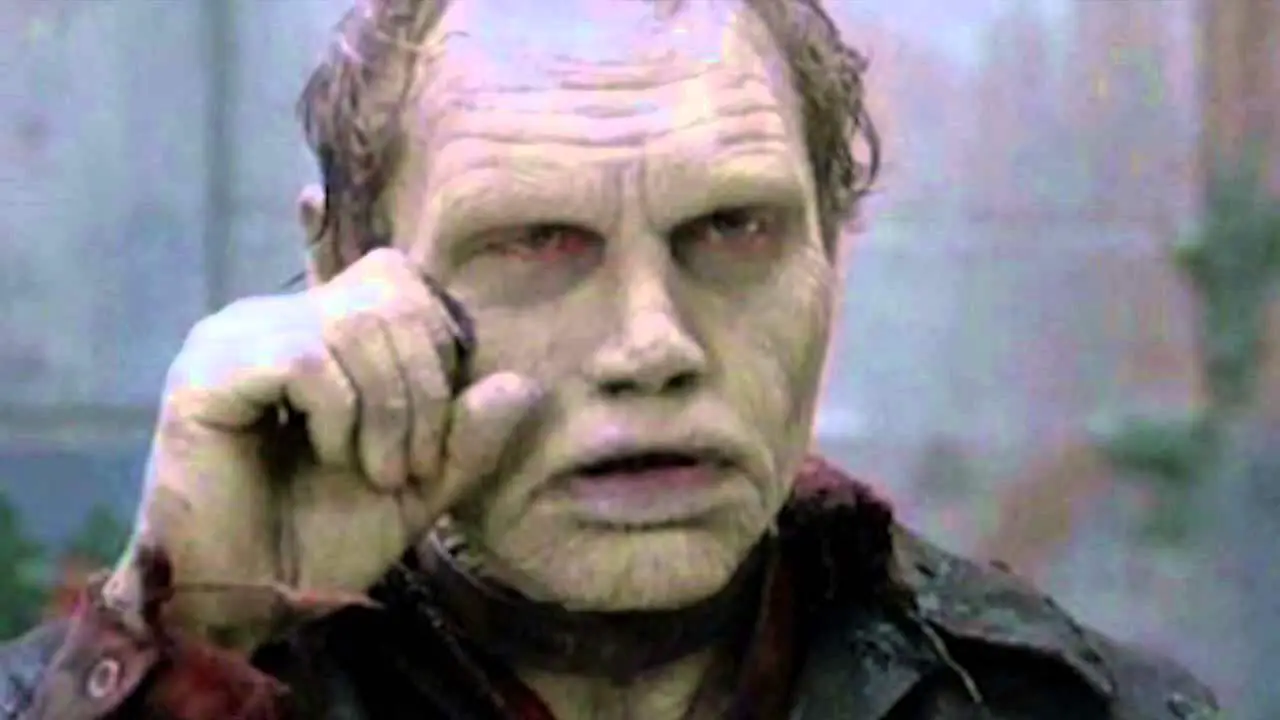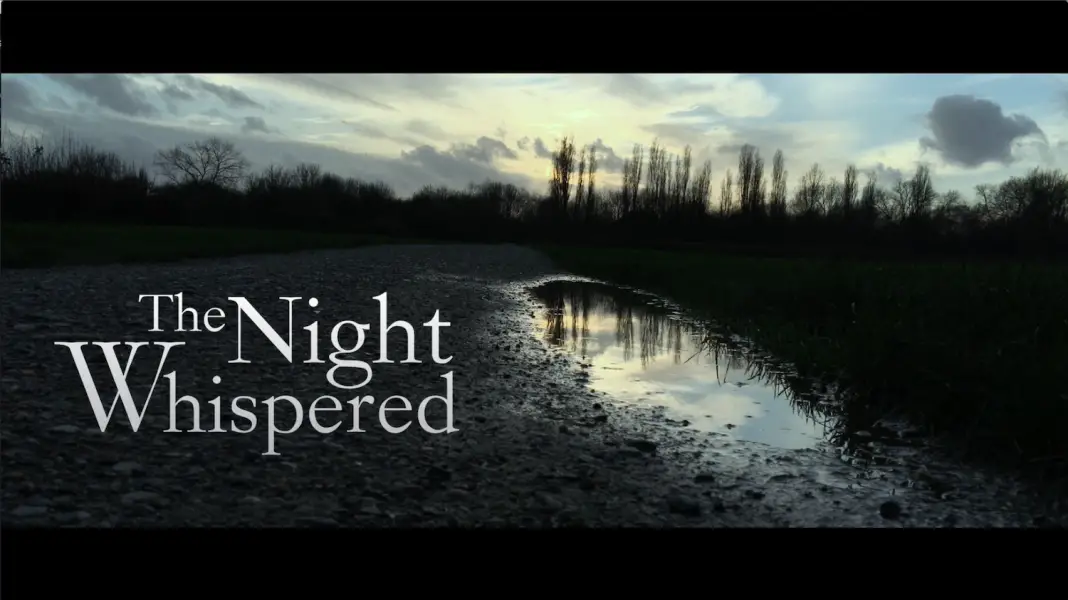As I’m still processing the passing of George A. Romero, it’s hard to put into words exactly what I say to commemorate him. Some of the best writers have already talked about the impact he’s had on pop culture in a career spanning over fifty years, some have talked about the fact that—though he sort of stumbled into it—he basically created the zombie genre as we know it today. He influenced the scope of pop culture more than you would ever think one filmmaker possibly could. But you already know that. If you’re reading this, you’re enough of a fan to know how important George Romero was to the world of horror.
I think the only thing I can really do is talk about what Romero meant to me. Like John Carpenter and Wes Craven, his was one of the first names I learned in horror. Unlike Craven, I actually did get to meet Romero, twice, and got the chance to tell him how much his work has always meant to me. Those guys, along with Stephen King and Clive Barker, were my Mount Rushmore of horror.
In terms of impact and sheer skill, Romero has certainly earned a place front-and-center. I would see Night of the Living Dead at a young age, though I would not see Dawn of the Dead or Day of the Dead until I was a little older. Which makes my own history with Romero’s work a bit different than most. While I love the Dead trilogy, I was introduced to his non-zombie stuff first.

In this case, it was Creepshow. And from the moment that kid looked out his bedroom window to see a grinning, rotted skeleton beckoning him, inviting him to come along for the ride—I was hooked. By the time the opening credits began to roll, Creepshow became one of my all-time favorites. One of the first titles I would ever look to and think “This is a favorite of mine.” And it’s never left. It’s never far from my mind. We all have those movies that make up who we are, that we have deep, personal ties to depending on when and how we saw them. Like Halloween, Fright Night and A Nightmare on Elm Street, Creepshow is a part of me.
As a kid, though, it genuinely terrified me. When good ol’ Fluffy burst out of that crate for the first time and the camera went straight into a close-up, it felt like he was looking right through the screen at me. Looking at young Nat with beady, yellow eyes and a fanged grin because he knew he was going to eat me and I was going to taste good. It was one of a few horror films that scared the hell out of me every time I went to watch it… but I would still watch it.
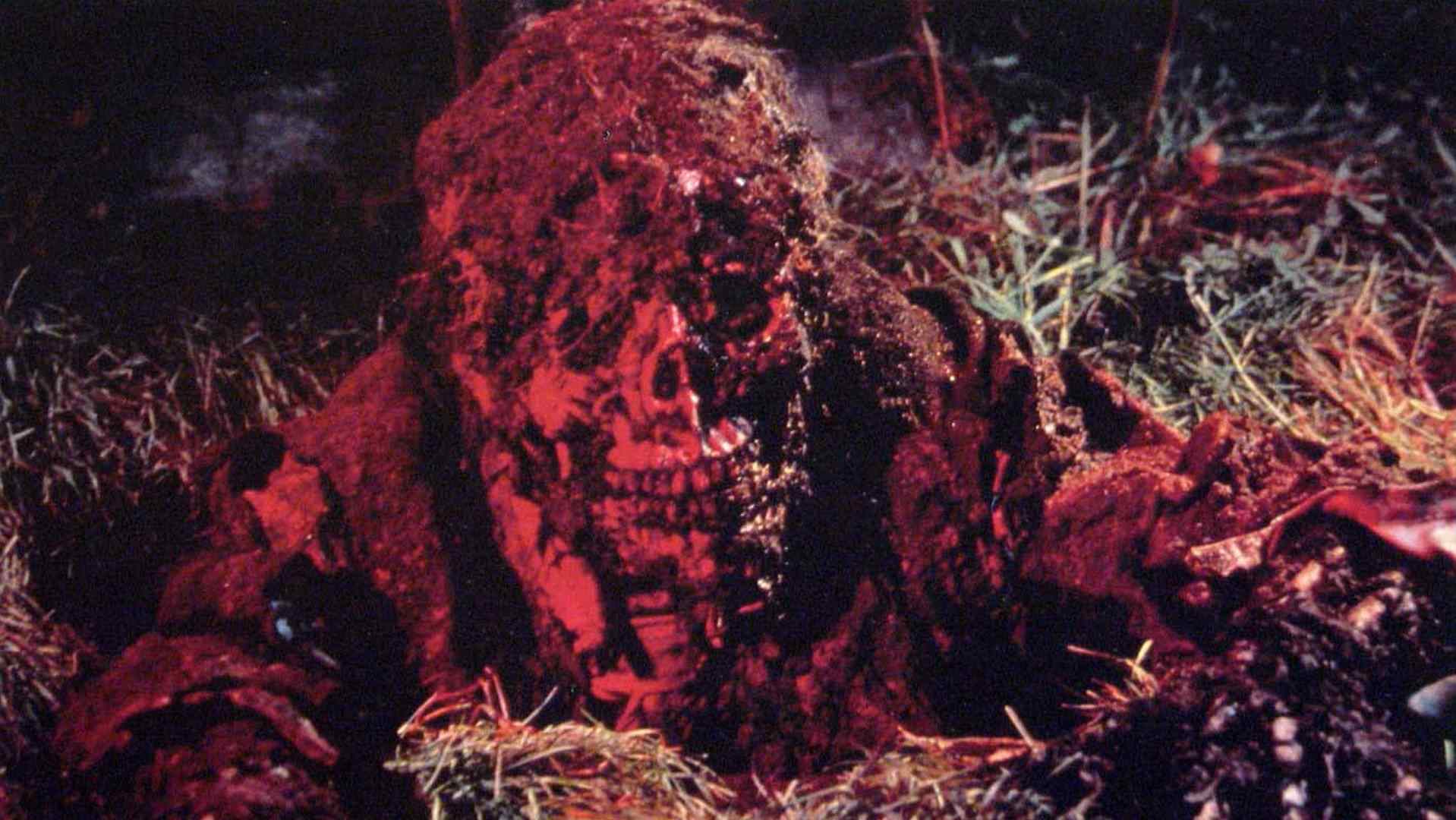 In fact, I’d watch it over and over again, because it was so much fun. I’m not even sure I’d call Creepshow a horror comedy. I don’t think I would. Like American Werewolf in London, it’s absolutely horror first, it just also happens to be funny as hell. Creepshow has one of the best, most honest taglines of any movie ever: “The most fun you’ll ever have being scared.” It’s so simple, but it’s so true. It’s a jet-black, morbid E.C. Comic of a film that just invites you to come along for the ride and always lets you in on the joke.
In fact, I’d watch it over and over again, because it was so much fun. I’m not even sure I’d call Creepshow a horror comedy. I don’t think I would. Like American Werewolf in London, it’s absolutely horror first, it just also happens to be funny as hell. Creepshow has one of the best, most honest taglines of any movie ever: “The most fun you’ll ever have being scared.” It’s so simple, but it’s so true. It’s a jet-black, morbid E.C. Comic of a film that just invites you to come along for the ride and always lets you in on the joke.
As I dove into the genre and began seeing some of the major franchises and icons for the first time, I never forgot Romero’s name and began to understand his influence more and more, but I didn’t jump into his filmography with both feet until I entered high school and picked up a copy of Dawn of the Dead. While the political undertones of Night of the Living Dead had been lost on my eight-year-old self, I picked up on what Dawn was about immediately.
It wasn’t subtle. And it wasn’t supposed to be. Romero was always a filmmaker who let you in on exactly what he was doing. He didn’t mince words. His message was front-and-center, always blunt and often stark. That never overshadowed the characters, though. I think, when people think of Romero, usually the first thing that comes to mind is a strong cultural or political message.
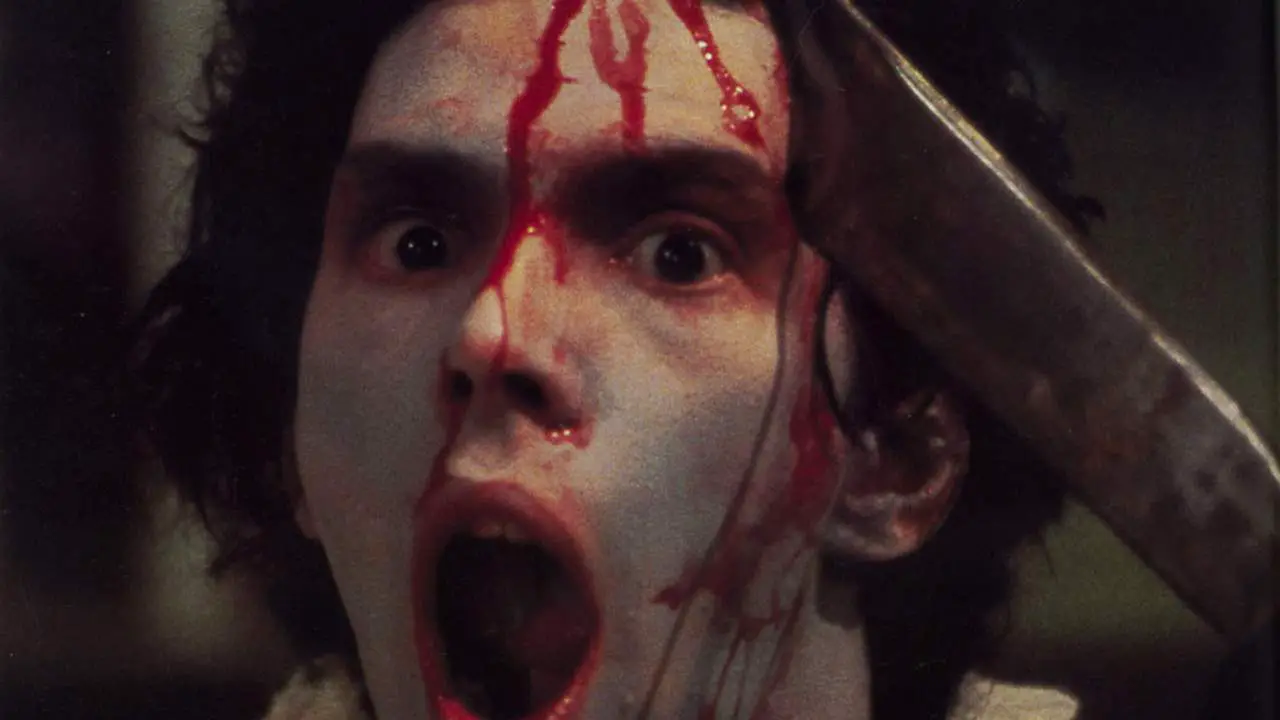 But Romero was an incredibly gifted storyteller, and the theme is always just one part of the overall narrative. He created characters that looked real, felt real, and reacted to their situation in incredibly realistic ways. The best thing about the Dead trilogy is that each situation is a tool to cut to the core of who these people really are by showing how they react to what is happening to them. When the world’s literally dying around them, will people still know what’s right and wrong, or will those rules be entirely rewritten?
But Romero was an incredibly gifted storyteller, and the theme is always just one part of the overall narrative. He created characters that looked real, felt real, and reacted to their situation in incredibly realistic ways. The best thing about the Dead trilogy is that each situation is a tool to cut to the core of who these people really are by showing how they react to what is happening to them. When the world’s literally dying around them, will people still know what’s right and wrong, or will those rules be entirely rewritten?
These are themes we are still constantly dealing with in popular fiction and it all stems from George Romero. It’s obvious to say that there’s no Walking Dead without him, but that’s not just because of the zombies. It’s about a group of people, each with totally different personalities, trying to cope with the way the world is changing around them—and it’s a two-hour epic. It’s way longer than most zombie features ever get the chance to be. But at the end of it, you still want to spend more time with those characters because you’ve become invested with them.
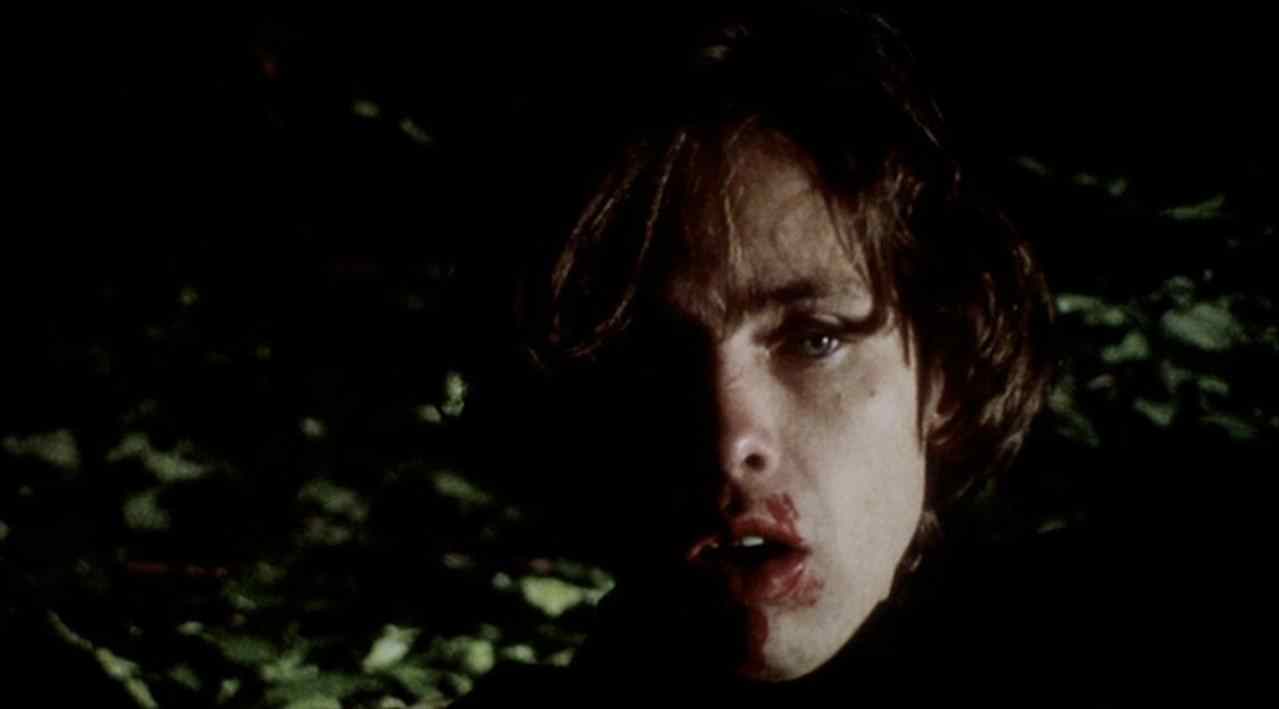 Romero left an insane filmography that will absolutely stand the time. A long time from now, he’ll be discussed with the same reverence as Poe, Stoker and Shelley. I truly, truly believe that. I know a lot of people are watching something to celebrate his long career, which is a fantastic thing to do. It’s a loss for the horror community, but a life that should be celebrated.
Romero left an insane filmography that will absolutely stand the time. A long time from now, he’ll be discussed with the same reverence as Poe, Stoker and Shelley. I truly, truly believe that. I know a lot of people are watching something to celebrate his long career, which is a fantastic thing to do. It’s a loss for the horror community, but a life that should be celebrated.
I would encourage revisiting some of the films that are not as widely beloved or well-remembered. Martin, for example, might be the best film he ever made. He certainly thought so. Day of the Dead has certainly found its fan-base, but it’s not held with quite the same reverence as Night or Day. Two Evil Eyes is an underrated anthology. Monkey Shines and Season of the Witch are both great.
We’ve lost one of the most intelligent, witty, genuinely thoughtful minds in horror. His absence will always be felt, but he has left behind an impenetrable legacy. Even though he’s gone, his films and—above all—his impact will live on forever. And really, what’s more fitting than that?
